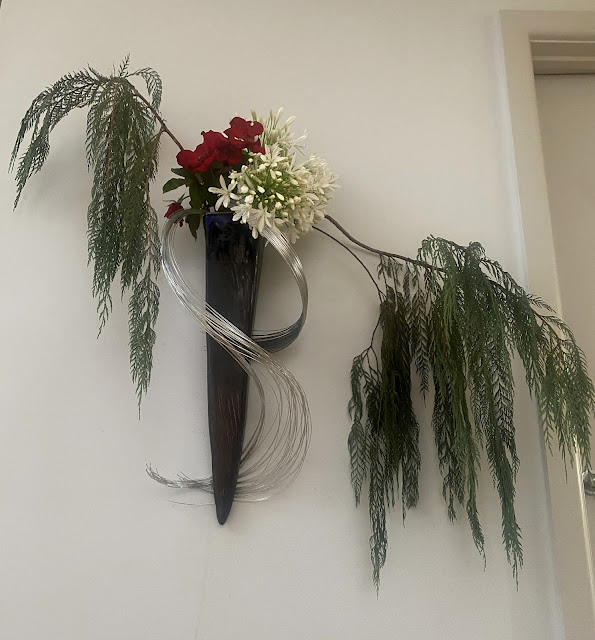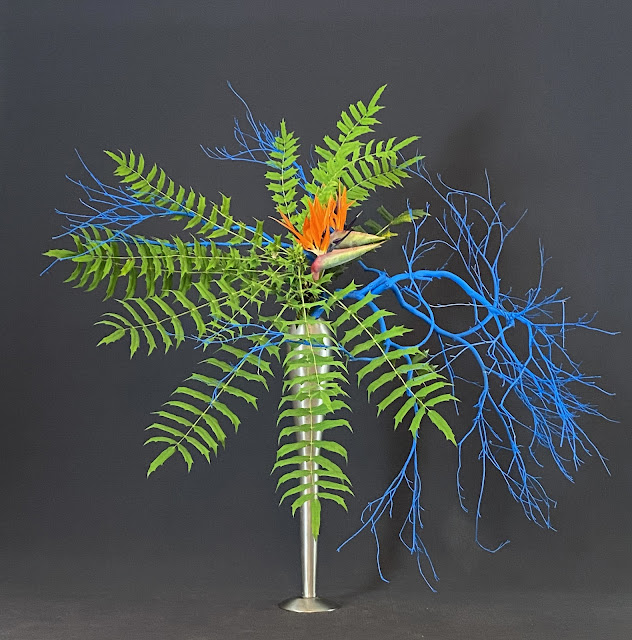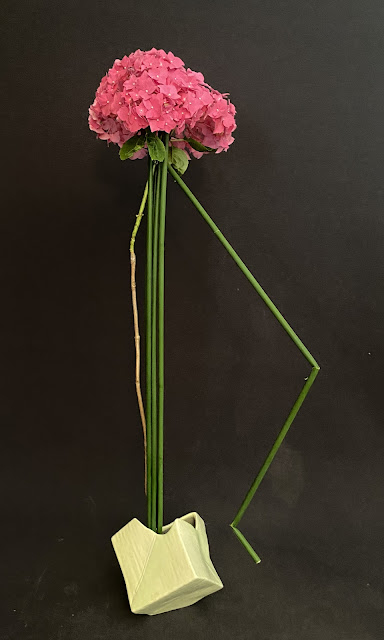Hello all,
Agapanthus. Yes, I know, common as dirt and a noxious weed according to some councils. I, however, love them. Mass planted they make a stunning show in all soils and conditions.
I first started growing them about 30 years ago. We had two, mature pine trees in the front corner of our property. I had attempted to grow any number of pretty annuals under those trees with heartbreaking results. My sister-in-law, Toula, gave me my first agapanthus plants and, in time, I added more and more. I soon filled the whole patch with agapanthus, which did very well. Then, when the pine trees died and were removed, as was the root competition, the agapanthus became bigger and stronger with some of the umbels measuring 30 cm in diameter.
They are as tough as old boots, as Peter Cundall used to say. They require absolutely no care what so ever. No watering or feeding with only one job required and that is to dead head them before the seeds get into waterways and become a problem.
For us, ikebanists, it is a very useful material because it has many stages, all of which can be used in ikebana. The photograph, below, shows the different stages of the life of the flowerhead.
I had fun making a few arrangements now that the flowers are at their best.
 |
| I enjoyed watching these two stems grow after I tied them together as buds. |
The very tall, strong stems in the arrangement, below, were nature's doing. I had nothing to do with their shape. However, balancing the very heavy flowerheads was quite challenging.
Wondering around the garden, I noticed a number of orange coloured flowers. I collected a few and made an arrangement which fits into two different themes in our curriculum - 'With Flowers Only' and 'Colours in a similar tonal Range'. I used tiger lilies, Lilium Lancifolium, orange cosmos, dahlias and crocosmia crocosmiiflora, in a self made container.
At our last Sogetsu meeting, Akemi Suzuki ran the workshop and the theme was to find something old, perhaps damaged, that has some personal value and to use it in ikebana, thus giving it new life.
The only thing I could think of was my precious container, which had broken and which I had glued back together using the kintsugi method. I used a branch from my weeping elm and sprayed it gold to reflect the kintsugi repair on the container. I added Jacobean lilies and aspidistra leaves. Please go to Sogetsu Victoria for photographs of Akemi's examples as well as those of the members.
The new year is almost upon us and I'd like to wish you all a very safe, healthy and happy 2025.
Bye for now,
Emily























































